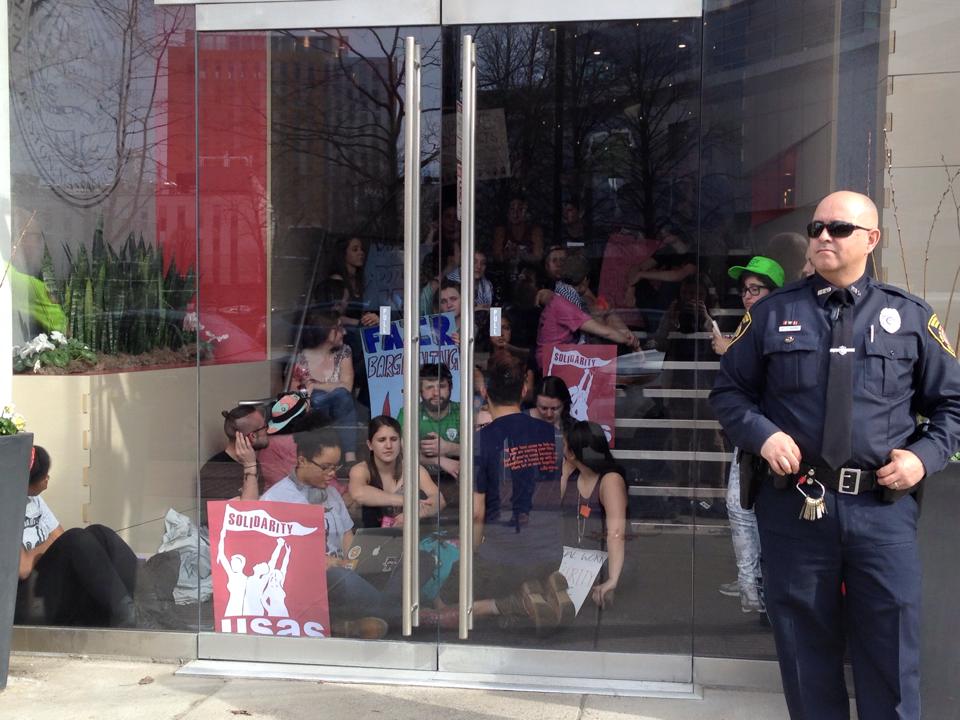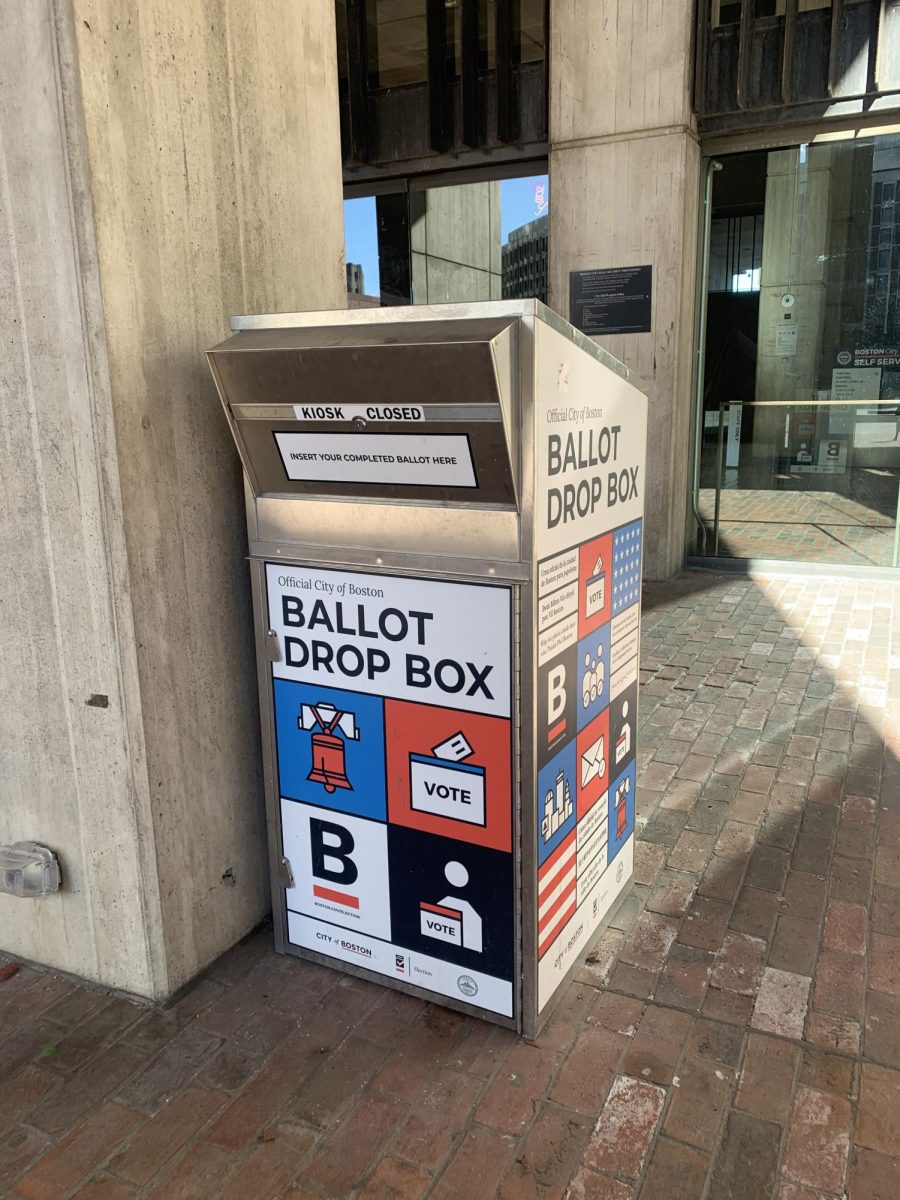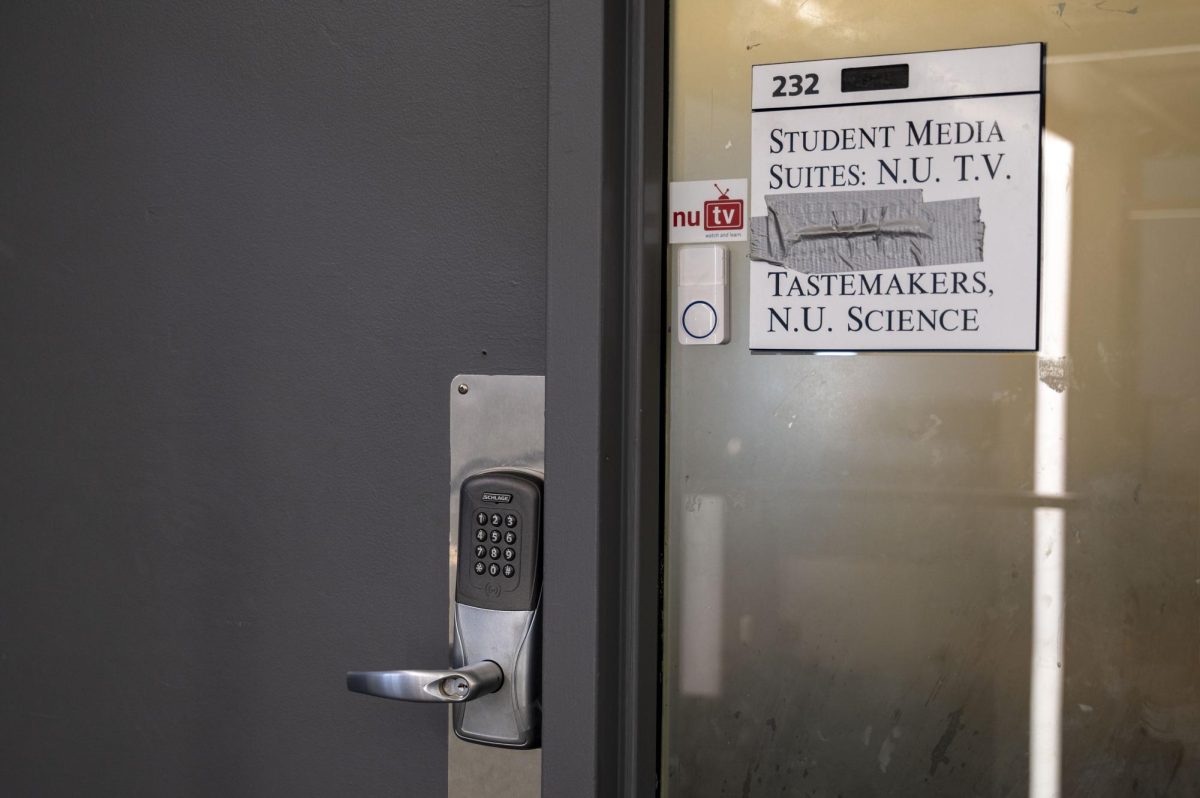Last August, the Birmingham, Ala. local government took a significant step toward supporting low-wage workers in the city by raising minimum wage to more than $10 from the national floor of $7.25. The move constituted a strong victory for labor rights and community activists, who had spent months rallying support and talking to lawmakers in an effort to make Birmingham the first city in the South to raise its minimum wage. By August, the decision had garnered a broad base of support that included workers, activists, city officials and a large segment of residents. In essence, the city’s decision was the result of democracy functioning as it should at the community level.
But soon after, members of the Republican-controlled state legislature began suggesting city officials weren’t well suited or well informed enough to pass minimum wage ordinances. Last month, the state Senate and House voted – largely along party lines – to approve a so-called preemption law that prohibits municipalities from making their own minimum-wage decisions.
Alarmingly, Alabama is hardly alone. On March 21, Idaho’s state legislature became the 19th in the country to wrest control of wage laws from democratically elected city governments. State governments in these and other states have passed similar legislation to supersede local autonomy on issues ranging from nutrition and labeling to paid sick time and maternity leave.
These power grabs have several things in common. They often occur after cities pass progressive policies, seemingly in direct response. Preemption is much more common in Republican-controlled states than in ones with Democratic majorities. The language in several of the minimum wage bills is almost identical. Additionally, virtually all preemptions are based off model bills circulated by the American Legislative Exchange Council (ALEC). The group is a conservative, industry-supported nonprofit that defies easy categorization. The collective calls itself a “nonpartisan voluntary membership organization of state legislators” concerned with defending free markets. Critics liken it to a corporate lobbying firm, undeserving of 501(c)(3), that hides its machinations from the public and the group’s most frequent action seems to be convincing state officials to introduce dozens of proposals parroting ALEC “model bills” without disclosing the connection.
Meanwhile, preemption has roots in historic corporate attempts to thwart progress on a variety of issues: Since the 1970s, big tobacco corporations, gun lobbyists and businesses fighting regulation have all used the move as a means to avoid or delay laws meant to protect the public from harm at the hands of their industries. ALEC staffers have claimed opponents of preemption misunderstand the balance of power between state and local governments, portraying the battle as little more than clarification over the legitimate authority of states. However, the timing of ALEC-backed laws – in response to popular, grassroots-driven local changes that have the audacity to support the rights of citizens and workers over industry greed – reveals the group’s cynical, anti-democratic intentions. When local citizens successfully advocate for progress, corporate leaders run to state lawmakers to selfishly reclaim power, intentionally subverting the will and rights of thousands of people. Astoundingly, conservative officials, who normally claim “limited government” and “individual rights” as among their guiding principles, have embraced ALEC’s suppression tactics with open arms.
In Massachusetts, the specter of preemption has thus far stayed away, mostly. Boston and Massachusetts residents, voters, organizers and politicians must keep it that way. In the past 12 months, cities and towns have raised their minimum wages, tightened tobacco laws, outlawed plastic bags and passed other ordinances that harness their right to self-govern without interference. But while the Massachusetts chair position on ALEC’s board has been vacant since 2014, that doesn’t mean the group isn’t paying attention to our city: Earlier this spring, the organization published a blog post applauding the sweetheart, $150 million deal officials gave multi-billion-dollar General Electric to move to Boston. Proponents of the blatant act of corporate pandering cited the 800 jobs GE would bring to the city, claiming the more than $180,000 shelled out per job would pay for itself in taxes on a company known as one of the nation’s most virulent tax dodgers. Evidentially, ALEC believes in corporate welfare and legislative obstruction over the rights and needs of regular people. Their tactics and ideals have no place in Massachusetts, nor in the US.
File photo by Scotty Schenck.













